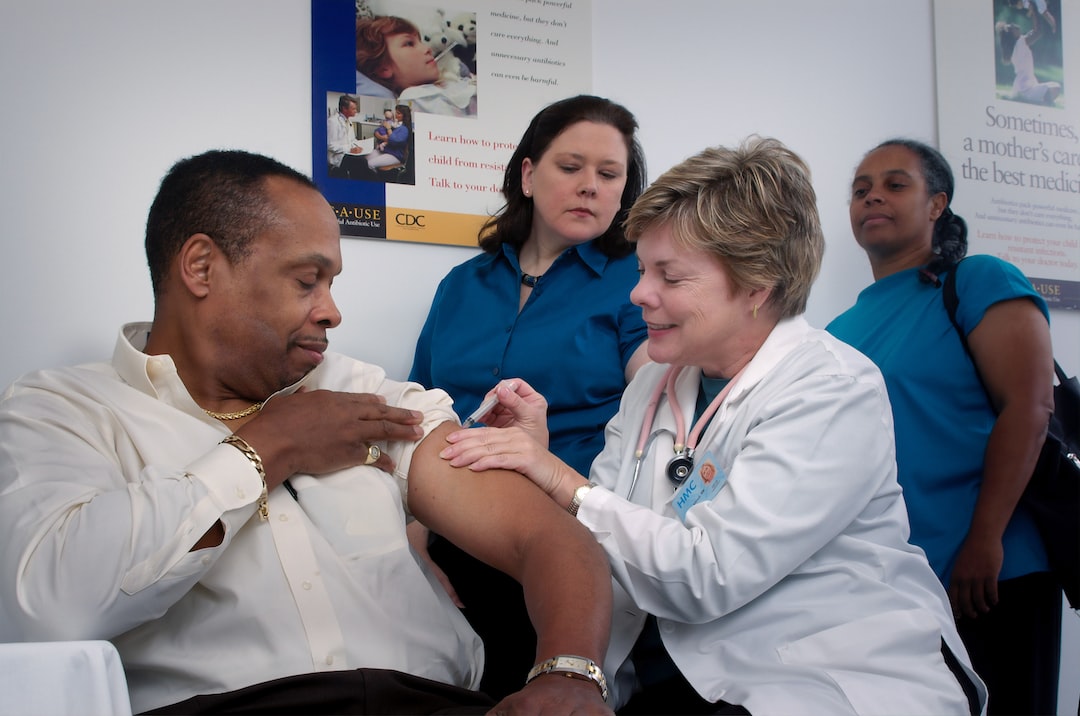In the rapidly advancing world of technology, every industry is experiencing the far-reaching impact of digital innovation. The healthcare sector, in particular, has undergone a remarkable transformation due to the emergence of digital marketing. With the potential to generate trillions of dollars in savings each year, digital marketing is revolutionizing healthcare in ways that were once unimaginable. From telemedicine and digital health platforms to social media marketing and search engine optimization (SEO), the possibilities are endless. Let us delve deeper into how digital marketing is reshaping the healthcare landscape, elevating patient care, and establishing thought leadership.
One of the most significant advantages of digital marketing in healthcare lies in its capacity to establish and enhance brand reputation. By consistently delivering reliable and authoritative content, healthcare organizations can cultivate trust among their target audience. Through the implementation of digital marketing strategies, these organizations can showcase their expertise, share valuable information, and educate patients on various healthcare topics. This not only encourages patient engagement but also positions the organization as a leading authority in the industry.
However, the benefits of digital marketing in healthcare extend far beyond reputation-building. It encompasses a wide range of tools and strategies that have the power to revolutionize the delivery and accessibility of healthcare services. Take telemedicine, for instance. It has made healthcare more convenient and accessible than ever before. Patients can now seek medical advice remotely, access their medical records effortlessly, and schedule appointments at their convenience. This level of convenience and flexibility has transformed the patient experience, making healthcare more patient-centric.
Automation, artificial intelligence (AI), and virtual reality (VR) also play a significant role in enhancing the patient experience. Marketers can leverage these technologies to provide personalized and interactive experiences for patients. Whether it involves virtual reality simulations for surgical procedures or AI-powered chatbots for swift and accurate responses, these advancements are making healthcare more efficient and effective.
However, the impact of digital marketing does not end with enhancing the patient experience. It allows healthcare organizations to track and analyze their campaign performance in real-time. By utilizing data analytics, marketers can gain valuable insights into patient behavior, preferences, and engagement levels. This information empowers them to make data-driven decisions and optimize their marketing efforts to reach the right audience at the right time.
In the healthcare industry, video marketing has emerged as a powerful tool. Through engaging storytelling, visual demonstrations, and personal connections, videos can effectively communicate complex medical information in a digestible format. Patients now have access to educational videos, testimonials, and tutorials that empower them to take control of their health.
Social media marketing has become an integral part of the healthcare industry’s digital marketing strategy. Platforms such as Facebook, Twitter, and Instagram provide ample opportunities to engage with the audience, promote products and services, and gain valuable insights. Social media facilitates the creation of easily shareable and digestible content, allowing healthcare organizations to expand their reach and enhance brand awareness.
Search Engine Optimization (SEO) plays a crucial role in making healthcare services more accessible to the public. By improving the visibility and ranking of healthcare websites in search engine results pages (SERPs), SEO helps patients find relevant and reliable information. Effective SEO strategies ensure that healthcare organizations are at the forefront when patients are seeking medical assistance or researching treatment options.
The advantages of digital marketing in healthcare are countless. It offers extended reach, targeted marketing, cost-effectiveness, real-time analytics, patient engagement, and the ability to build trust and credibility. These benefits enable healthcare organizations to optimize their marketing efforts, reach a wider audience, and enhance patient care.
To fully leverage the power of digital marketing, healthcare organizations must ensure that their websites are user-friendly, informative, and visually appealing. A patient-focused approach, mobile-responsive design, easy navigation, informative content, contact information, appointment scheduling, and doctor profiles are key elements to consider when developing a website. A well-designed website enhances the online presence of healthcare organizations and provides a seamless user experience.
As the healthcare industry continues to evolve, embracing digital technology is crucial for staying ahead. Equipping healthcare businesses with the knowledge and understanding of how to leverage digital marketing can enhance operational efficiency, improve patient care, and establish a prominent online presence.
The future of healthcare lies in the digital realm, and it is imperative for organizations to seize the opportunities it presents. With the potential to generate trillions of dollars in savings and revolutionize patient care, digital marketing is not just a passing trend but a necessity. The healthcare industry has recognized its power, and now it is time to harness it. Are you ready to join the revolution?











